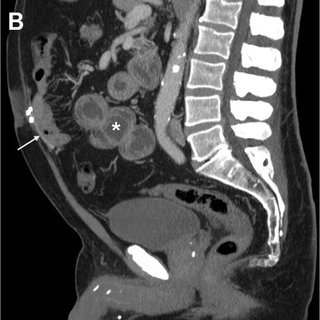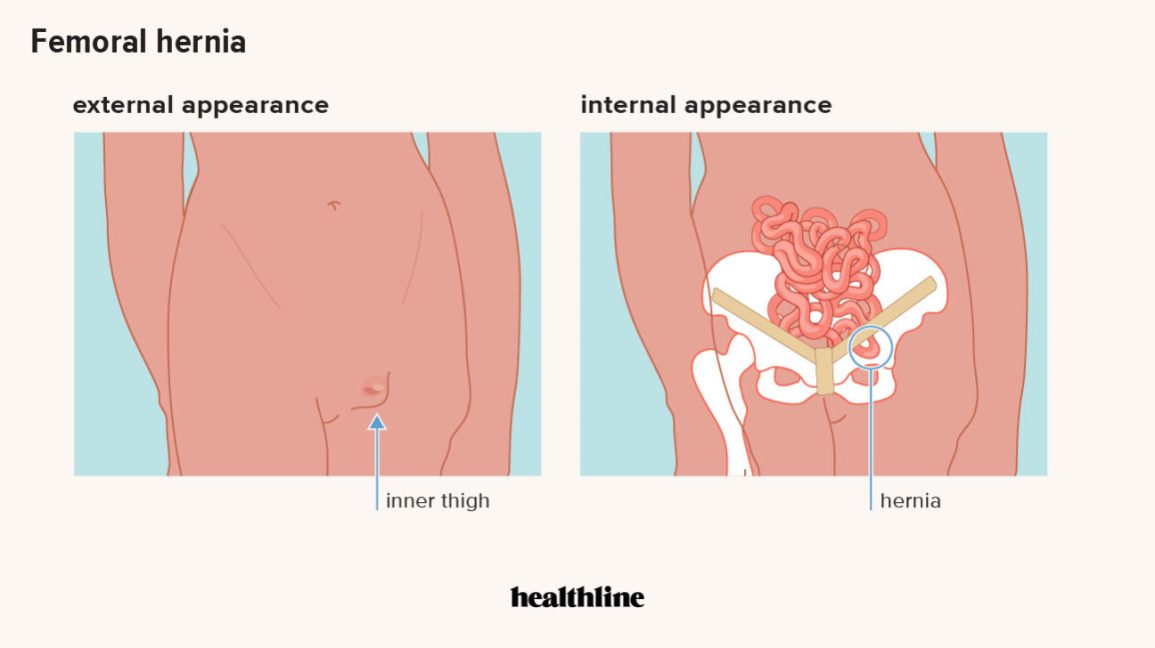
When you have a hernia, you can have various complications
Some may be life threatening. Most hernias heal on their own after about six months but some can get a little worse. Here we will discuss the possible complications of having a hernia and what to do in order to avoid them.
A hernia usually occurs due to a pinched or damaged soft tissue. A hernia normally happens when a muscular muscle or fatty tissue fills a weak or damaged area within a tissue called fascia, usually in the abdomen. The most common forms of hernia are incisional, inguinal, femoral, and umbilical.
If you are pregnant and have a hernia, there is the chance that the pregnancy may cause an abscess. An abscess is caused by a bacterial infection, in which pus builds up under the skin. Pregnancy causes the placenta to produce more mucus, which contains a lot of bacteria, which results in an abscess. The most common symptoms of this are nausea and vomiting, but it can also cause fever, fatigue and cramping.
This kind of herniation can be extremely dangerous as it can cause serious complications and even death if not treated. In surgery, you can have your hernia removed with the help of a metal tube called an anesthetic. However, the risks are very high since the anesthetic will numb the affected area and you will be unable to feel anything.
In addition, there are several complications of having a hernia. These include:
You can also find out if you have a hernia by having blood clots or a bleed. Blood clots are not dangerous and can be checked by a doctor. Bleeding is a problem that many people with hernias experience. Blood clots are made of platelets and these can lead to anemia, which is a condition where your blood cells do not get enough protein.

Infection can also cause a hernia because the bacteria can enter into the hole and cause an infection. Infection is a big concern if you have a hernia because it can spread from the inside of your body to the outside and can even affect your brain. If this happens, the infection may lead to brain damage and other problems.
There are many more possible complications of having a hernia, but the most important thing is to know that you do not need to suffer from these complications. All you need to do is to go to a doctor or specialist and tell him about your problem so he can assess it and treat it immediately. Hernias heal on their own and most of them can be cured easily.
The medical treatment for this kind of problem is surgery or removal of the hernia. The surgery is the main part of the treatment because it will get rid of the hernia and it will also remove any infection, which is another problem that you can have if you have this problem.
The other medical treatment of a hernia is to get a cast. A cast will be used to keep the hernia from coming back. This is the most common form of surgery for hernia. A cast will prevent the hernia from coming back again by making sure that the opening in the abdomen is covered.
However, if the cast cannot be used or if it has already been worn down, then the doctor will use other methods to fix it. One of them is to cut out the part of the intestine. This part is the lumbar wall and the doctor will use incisions to get rid of the hernia. This surgery will also make the intestines easier to move around.
Another common complication is the loss of bowel control. With this complication, you may experience difficulties with bowel movement or even hemorrhoids. This is caused when your intestine does not absorb the fluid and nutrients from food properly.